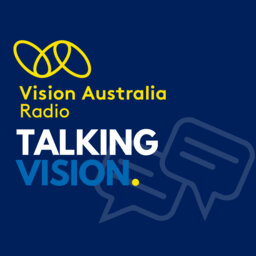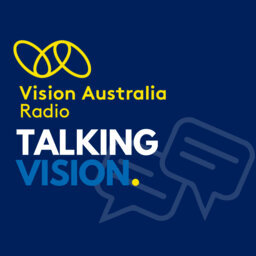Talking Vision 602 Week Beginning 29th of November 2021
It’s an action packed episode of Talking Vision this week as we celebrate International Day of People with Disability, coming up this Friday, December 3.
Queensland psychologist Courtney McKee joins Sam to talk about why International Day of People with Disability and days like it are so important for the community, and chat about her recent article for the ABC about her work as a psychologist with a disability.
Then later in the show Sam catches up with manager of advocacy and government relations Chris Edwards to chat with him about his thoughts on the day which he recently shared on the IDPwD website, and then finally Stella chats to journalist, musician and transcriber Ria Andriani about her new video series exploring the experiences of musicians with disability.
In 1 playlist(s)
Talking Vision by Vision Australia Radio
Vision Australia Radiothon is on now. Donate via www.varadio.org and make a tax deductible donation …Social links
Follow podcast
Recent clips

Talking Vision 819 Week Beginning 16th of February 2026
28:59

Talking Vision 818 Week Beginning 9th of February 2026
28:10

Talking Vision 817 Week Beginning 2nd of February 2026
27:37
 Talking Vision by Vision Australia Radio
Talking Vision by Vision Australia Radio